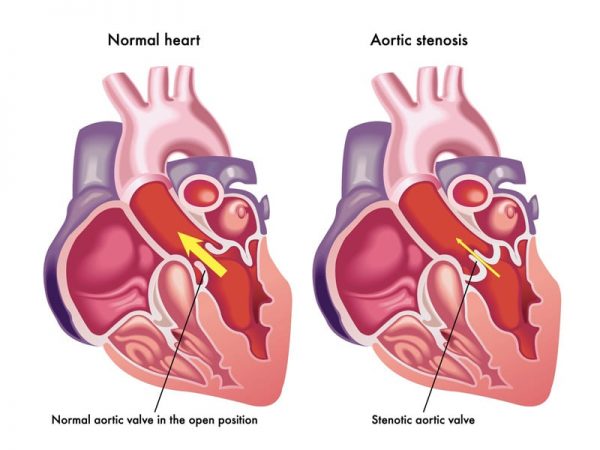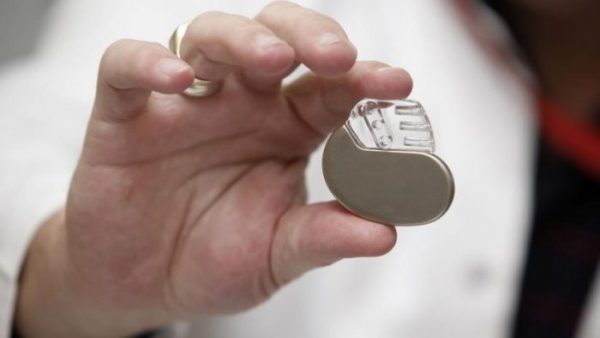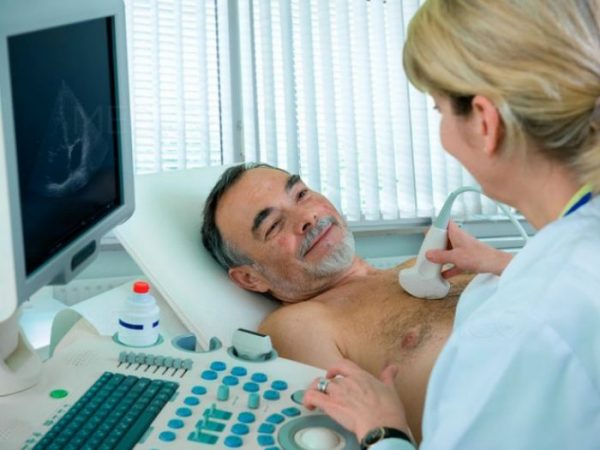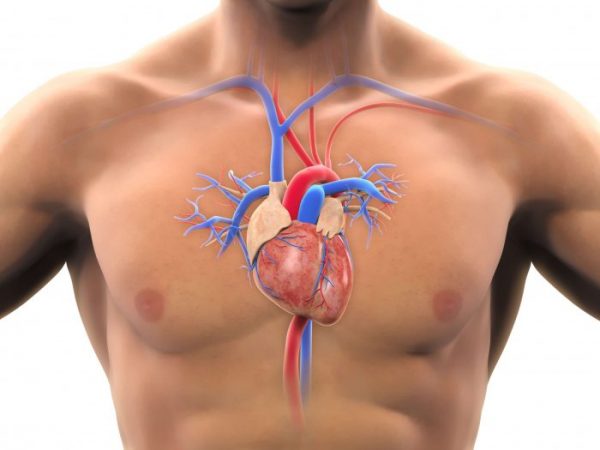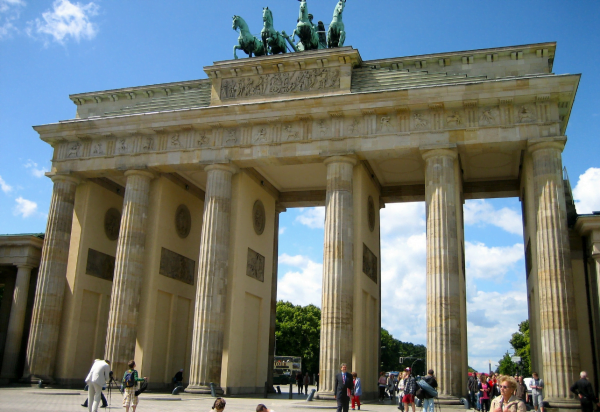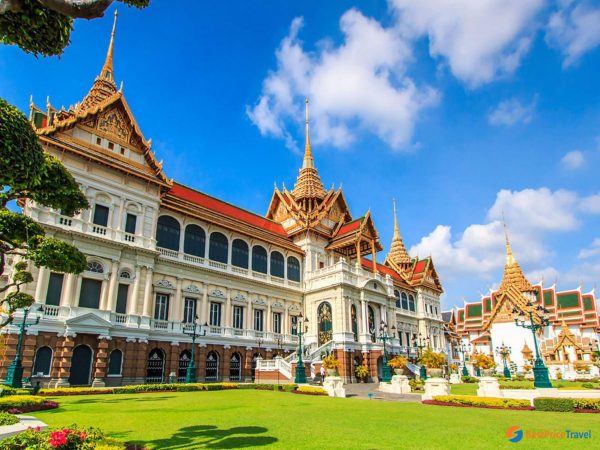ABOUT HEART VALVE REPLACEMENT
Heart valve replacement surgery is the replacement of a malfunctioning heart valve (commonly the aortic valve) with a mechanical or biological valve.
There are 4 valves located in the heart which are the aortic valve, mitral valve, pulmonary valve, and the tricuspid valve. These valves have the function of pumping blood to and from the heart, to circulate blood around the body. A defect in the heart valve can cause the blood flow to flow backwards or forwards, in the opposite direction of which it should flow. This can cause a variety of problems such as chest pain, and heart failure.
Common causes for heart valve problems are congenital heart defects (CHD) which is present from birth, and heart valve disease.
Surgery is usually performed as an open surgery and involves removing the defected heart valve, and replacing it with a new valve, either made of biological or mechanical material.
Biological heart valves can be made from bovine (cow) or porcine (pig) tissue which is inserted into place after the defected heart valve is removed. Biological heart valves also include donor valves which is known as a homograft valve. Biological valves can last around 15 years and usually need to be replaced.
Mechanical heart valves are designed to replicate the human heart valve and to have the same function. They are made of up of prosthetic material and unlike the biological heart valve, they generally do not need to be replaced.
Recommended for
- Aortic stenosis (narrowing of the opening)
- Aortic regurgitation (backwards leaking)
- Mitral valve stenosis
- Mitral valve regurgitation
- Mitral valve prolapse
TIME REQUIREMENTS
- Number of days in hospital: 7 – 10 days.
- Average length of stay abroad: 4 – 6 weeks.
After valve replacement heart surgery, patients must ensure with their doctor that their condition is stable enough to travel home.

COMPARE HEART VALVE REPLACEMENT PRICES AROUND THE WORLD
| Country | Cost |
|---|---|
| US | 120000€ |
| Israel | 49780€ |
| Singapore | 31797€ |
| Mexico | 27813€ |
| Spain | 24500€ |
| Thailand | 24043€ |
| Turkey | 11153€ |
| India | 7626€ |
| Poland | 5861€ |
HOW TO FIND QUALITY TREATMENT ABROAD
BEFORE HEART VALVE REPLACEMENT ABROAD
Patients will need to undergo a series of tests and consultations ahead of surgery. Most patients will have blood tests, X-rays and physical examinations to determine their overall health, and their suitability for the procedure.
In the 2 weeks leading up to the surgery, patients are usually asked to refrain from taking certain medications such as aspirin and to stop smoking. Before the surgery, patients will be advised to fast for a certain amount of hours, as a general anesthetic will be administered.
Patients with complex conditions may benefit from seeking a second opinion before beginning a treatment plan. A second opinion means that another doctor, usually an expert with a lot of experience, will review the patient’s medical history, symptoms, scans, test results, and other important information, in order to provide a diagnosis and treatment plan. When asked, 45% of US residents who received a second opinion said that they had a different diagnosis, prognosis, or treatment plan.
HOW IS IT PERFORMED
This procedure is usually performed as an open surgery. The surgeon will make a long incision down the breastbone, and a rib spreader is used to open the chest and access the heart. Tubes are inserted into the heart and major blood vessels, and are attached to a bypass machine. When this is turned on, blood is diverted into the machine, and away from the heart so that the surgeon can operate without too much blood loss. The defected heart valve is then removed and replaced with a biological or mechanical heart valve.
Materials
The valve used may be a mechanical valve (man-made) or a biological valve (made from animal tissues).
Anesthesia
General anesthetic.
Procedure duration
The Heart Valve Replacement takes 3 to 6 hours.
The procedure duration depends on the extent of the heart disease present and will be discussed with the consultant before surgery.
WHAT TO EXPECT AFTER HEART VALVE REPLACEMENT
Post procedure care
Patients will be connected to a ventilator after the surgery and brought to the ICU (intensive care unit) to be closely monitored for between 24 and 48 hours.
After ICU, patients will be moved to the ward to complete the recovery, and continue to have a catheter, chest drains and heart monitors attached.
Patients who have had a mechanical valve fitted will need to take blood thinning medication and undergo regular blood tests for the rest of their life.
Possible discomfort
After major surgery, it is common to experience weakness, lethargy, discomfort, and soreness.
IMPORTANT THINGS TO KNOW ABOUT HEART VALVE REPLACEMENT
Not recommended for
- Patients in poor heath
Potential risks
- Infection
- Bleeding
- Kidney failure
- Valve failure
- Arrhythmia
- Heart attack
- Stroke
- In the rare case of surgical complications, death may occur
FREQUENTLY ASKED QUESTIONS
Artificial heart valves last an average of 8-20 years. The average lifespan for a live tissue replacement (using your own or animal tissue) is 12-15 years.
Heart valve replacement surgery is very serious. However it is also very frequently performed and has a very high rate of success. Potential complications include adverse reaction to anesthesia, infection, arrhythmia, kidney failure, post-pericardiotomy syndrome, stroke, and temporary confusion after surgery due to the heart-lung machine.
There are approximately 280,000 heart valve replacements performed every year worldwide. 65,000 are performed in the US.
Surgery time varies depending on the method of surgery, however, on average it takes 3 to 6 hours.
Yes, heart valve replacement is open heart surgery.
